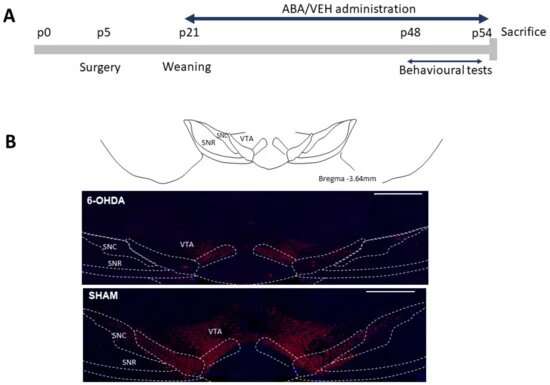This article has been reviewed according to Science X's editorial process and policies. Editors have highlighted the following attributes while ensuring the content's credibility:
fact-checked
trusted source
proofread
Researchers investigate neuroinflammation underlying neurological and psychiatric disorders

Central and systemic inflammation is increasingly recognized by the international scientific community as a common denominator for neurological and psychiatric disorders. This characteristic is shared by conditions such as the metabolic syndrome that induces insulin resistance, Alzheimer's disease (AD), Parkinson's disease or psychiatric disorders such as depression or attention deficit hyperactivity disorder (ADHD). Yet, the reasons why a neuroinflammatory process leads to specific psychiatric or neurological symptoms remain unknown.
The Universitat Jaume I in Castelló has several teams working on the study of the neuronal factors that influence the development of these diseases, including the Neurobiotechnology Group led by Ana María Sánchez Pérez, of the Department of Medicine in the Faculty of Health Sciences and the Institute of Advanced Materials (INAM).
In its most recent research, the group has proposed a treatment with a plant hormone, abscisic acid (ABA), to reduce neuroinflammation in animal models of ADHD, a psychiatric neurodevelopmental disorder. Central dopaminergic dysfunction is one of the causes now recognized as a determining factor in ADHD. This deficit leads to impulsivity, hyperactivity, inattention and is often associated with emotion regulation problems, including increased sensitivity to pain.
In the study "Targeting Neuroinflammation with Abscisic Acid Reduces Pain Sensitivity in Females and Hyperactivity in Males of an ADHD Mice Model" published in the journal Cells, the group proved that, in a validated preclinical model of ADHD, dopamine deficiency induces neuroinflammation in certain areas of the brain, and showed that reducing dopamine deficiency induces a therapeutic effect without pharmacologically altering dopamine levels.
In addition, differences were found in the manifestation of symptoms depending on gender and age. In this study, females exhibited greater sensitivity to pain and males displayed greater hyperactivity. With ABA administration, these symptoms were significantly reduced and associated with a significant decrease in neuroinflammation in the brain areas involved.
The article demonstrates, for the first time (according to data available to the group), that ABA supplementation as a natural anti-inflammatory has therapeutic potential in the management of ADHD, thereby opening new effective non-pharmacological alternatives in the treatment and/or prevention of this syndrome.
More information: María Meseguer-Beltrán et al, Targeting Neuroinflammation with Abscisic Acid Reduces Pain Sensitivity in Females and Hyperactivity in Males of an ADHD Mice Model, Cells (2023). DOI: 10.3390/cells12030465



















